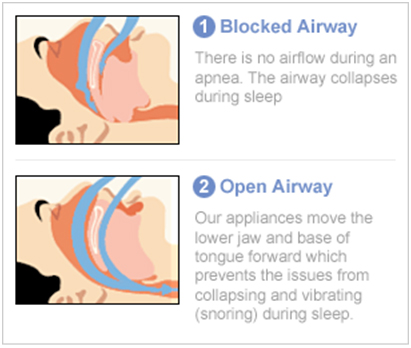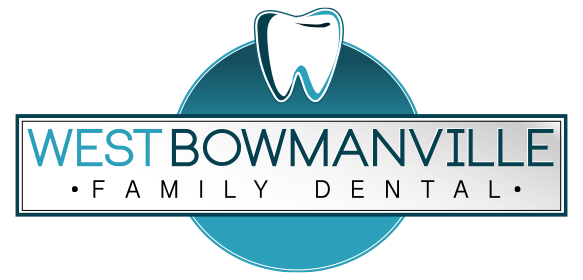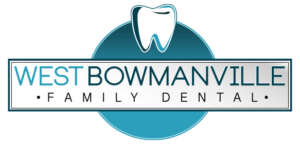SLEEP APPLIANCE
For some patients, an airway obstruction or narrowing can cause people to breathe faster in order to compensate especially during the night time. In some, the airway can become partially or fully closed which in turn causes a decrease in the amount of oxygen delivered to your body. Normally our reflexes react and wake us up in order to maintain the proper amount of air supply.
Sleep apnea is a common disorder in which you have one or more pauses in breathing or shallow breaths while you sleep. Depending on the severity of your condition, it can be mild such that you are only snoring during the night however for some it can be serious such that you are no longer breathing for intermittent periods.
There are several methods for treating this condition depending on the severity of or stage of sleep apnea. Often we will recommend obtaining results from a sleep study to determine whether your case is mild, moderate, severe sleep apnea or simply a case of snoring.
Not everyone who snores has sleep apnea, and not everyone who has sleep apnea snores. So how do you tell the difference between normal snoring and a more serious case of sleep apnea?
The biggest telltale sign is how you feel during the day. Normal snoring doesn’t interfere with the quality of your sleep as much as sleep apnea does, so you’re less likely to suffer from extreme fatigue and sleepiness during the day.
Sleep Apnea can be treated two ways, either with a CPAP device (continuous positive airway pressure) or with an oral appliance. The oral appliance is a dental splint used to keep the lower jaw in a forward position, which opens the airway during sleep. Oral appliances are ideal for those with mild to moderate cases of sleep apnea and those who do not tolerate a CPAP device.



